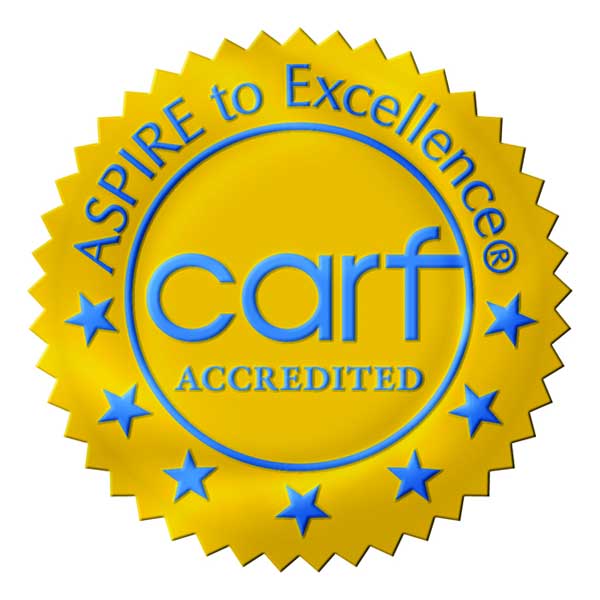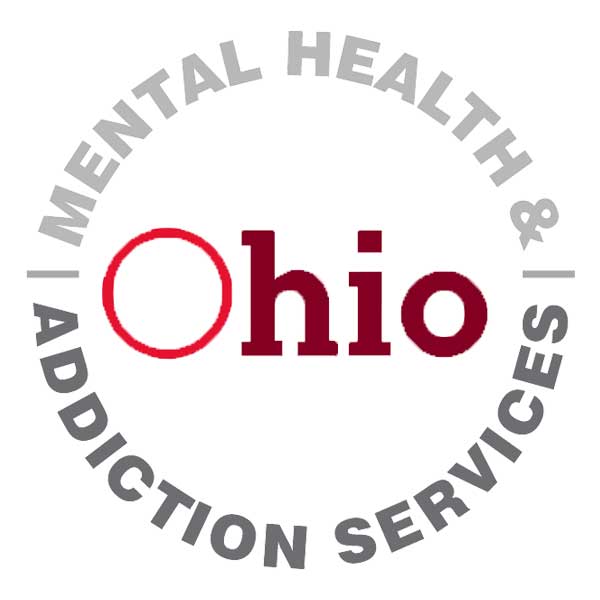GET HELP NOW
513.792.1272
Avoiding the Trap of Enabling

At Adolescent Substance Abuse Programs we often get calls from parents whose teen is in legal or school trouble. These parents may be stuck in a dilemma: how do you avoid the trap of enabling while getting help for a beloved son or daughter.
I recently received a call from distraught parents who needed an evaluation for their teen. The child was arrested by police for possession of drugs. An attorney advised these parents to have more than one assessment performed so they could choose which evaluation to use for the court case. The lawyers advised the parents not to tell the clinician that this was happening because the professional might resist. After several similar calls, I began to wonder…
Could getting a substance use assessment harm a teen?
The answer is yes, if the primary goal is to keep her out of jail or get him back into school rather than addressing the issue. This is called enabling. Would you help your child cheat a drug screen, lie about where they are, or give them money for marijuana? Those last questions may seem absurd, but I have seen each of those happen during my career.
Sometimes parents seize on an opportunity to put a child’s legal issue behind them, rather than deal with the truth of how substance abuse has affected their child’s life. For many teens, choosing to ‘work’ the system without intervention and treatment will not prevent them continuing to use substances and make poor choices. This is often true despite their assurances. Most people, when caught by authority figures, will promise their behavior will change. Our teens are no different. Many will try to abstain on their own, but most find it too difficult and return to using without intervention.
Treatment is not a universal remedy.
Treatment forces the individual and the family to look at their problems and begin the road to good health. Helping teens face the consequences of their actions will help them to reduce denial. Many adolescents come to us rejecting the idea that they have a problem, in spite of sometimes severe repercussions. They see that others in their peer group are also using, and they see it as “normal.” If adults around them are enabling their use through covering up use, mitigating consequences, or writing notes excusing them from school when they have used, they are making early recovery more difficult.
Through an assessment and the early stages of the treatment process, these teens can come to terms with their use and begin to abstain. As this occurs, parents and teens begin to rebuild the trust and mutual respect needed to have a healthy family.
If you are concerned that your child may be using drugs or alcohol, an ASAP assessment can help you discover if there is a problem. Call 513.792.1272 to get more information, schedule an assessment, and get started on the road to recovery.
RELATED POSTS
ASAP is Cincinnati's premiere outpatient treatment center for teenagers and their families struggling with substance abuse and mental health problems.
SUBSCRIBE
Enter your email address to receive news and information from ASAP.











